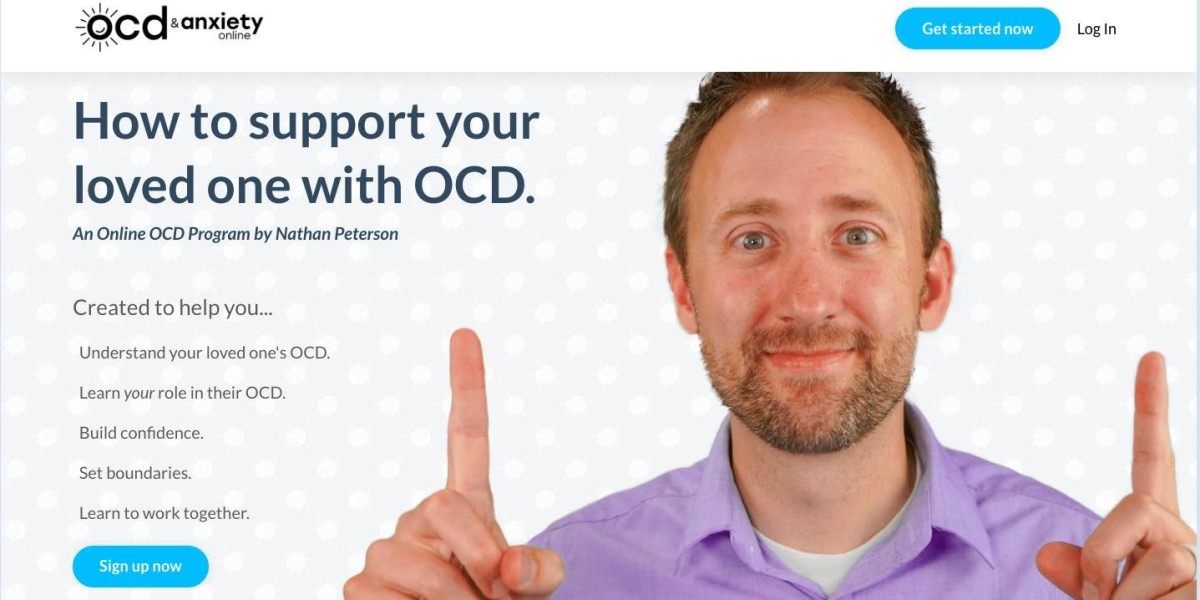Obsessive-Compulsive Disorder (OCD) affects millions of people worldwide, making it crucial to explore its definition, potential treatments, and the importance of family support. This article delves into what OCD is, the current approaches toward an OCD cure, the role of family support, and the specific condition known as dermatillomania, a common OCD-related disorder.
OCD, or Obsessive-Compulsive Disorder, is a mental health condition characterized by intrusive, unwanted thoughts (obsessions) and repetitive behaviors (compulsions) that individuals feel compelled to perform. These obsessions often trigger anxiety, which people attempt to alleviate through compulsive actions, creating a cycle that can interfere with daily life. Examples include excessive hand washing, checking, or counting rituals, but OCD can manifest in various ways.
OCD is not just about being overly clean or organized; it involves a cycle of anxiety and behaviors that consume significant time and energy. Understanding what OCD really entails helps those affected to seek proper treatment and support.
Is There a Cure for OCD?
Currently, there is no definitive OCD cure, but effective treatments are available that can significantly reduce symptoms and improve quality of life. Cognitive Behavioral Therapy (CBT), specifically a technique called Exposure and Response Prevention (ERP), is one of the most successful approaches. ERP involves gradually exposing individuals to situations that trigger their obsessions while helping them refrain from performing their compulsive behaviors. Over time, this process reduces anxiety and breaks the compulsive cycle.
In addition to therapy, medications such as selective serotonin reuptake inhibitors (SSRIs) are often prescribed to manage OCD symptoms. While these treatments can help many people, research is ongoing in the quest for a complete cure. Advances in brain research, such as neurofeedback and deep brain stimulation, hold promise for the future.
OCD Family Support: A Crucial Component of Recovery
For individuals with OCD family support plays an essential role in the treatment and recovery process. Family members can either help or unintentionally hinder the person’s progress, depending on how they respond to the disorder. Providing emotional support, understanding the treatment plan, and avoiding accommodation of OCD behaviors are critical to fostering a positive environment for recovery.
Families often feel helpless or overwhelmed by their loved one’s OCD behaviors. Educating family members about the disorder can empower them to respond appropriately. Learning to avoid reinforcing compulsions and encouraging healthy coping strategies are essential for supporting their loved one’s journey toward recovery.
Family members may also benefit from seeking their own therapy or joining support groups for families of individuals with OCD. These resources can offer guidance, reassurance, and tips for creating a supportive home environment while maintaining healthy boundaries.
Dermatillomania: An OCD-Related Disorder
One specific form of OCD-related behavior is dermatillomania, also known as skin-picking disorder. People with dermatillomania experience compulsive urges to pick at their skin, often leading to sores, scarring, or infections. This behavior is usually a response to anxiety or distress, much like other compulsions associated with OCD.
Although dermatillomania is distinct from traditional OCD behaviors, it shares the same underlying mechanism: the repetitive action serves to relieve anxiety, even though it causes harm in the long term. Dermatillomania is often treated through similar methods used for OCD, particularly with ERP and other therapeutic techniques designed to address compulsive behaviors.
While a full OCD cure remains elusive, effective treatments like ERP therapy and medications can help individuals manage their symptoms and live fulfilling lives. Family support is vital in this process, offering encouragement and understanding as their loved one works through the challenges of OCD. Additionally, conditions like dermatillomania are increasingly recognized as part of the OCD spectrum, with treatments designed to reduce these harmful behaviors. Raising awareness and offering support can make a tremendous difference for those battling OCD and related conditions.

